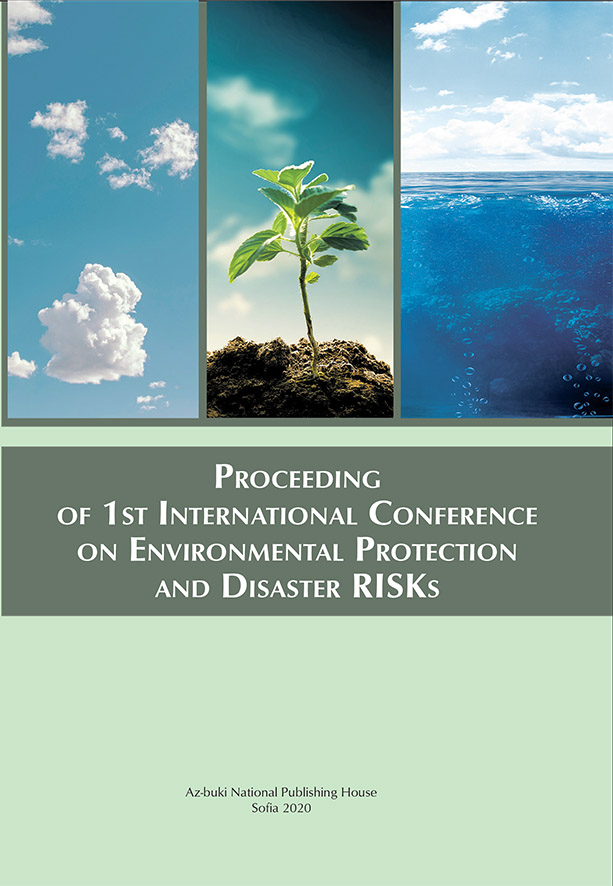Remote Sensing of Oil Pollution in the Black Sea – the Mopang Case
Remote Sensing of Oil Pollution in the Black Sea – the Mopang Case
Author(s): Irina Gancheva, Elisaveta Peneva
Subject(s): Economy, National Economy, Supranational / Global Economy, Business Economy / Management, Energy and Environmental Studies
Published by: Национално издателство за образование и наука „Аз-буки“
Keywords: oil pollution in Black Sea; SAR; ocean remote sensing
Summary/Abstract: This study focuses on the case of the underwater oil leak form the ship Mopang, sunk in 1921 near the city Sozopol on the Bulgarian coast. In the summer of 2018, some of its engine fuel was released and reached the coast, gaining significant public and media attention. The available Sentinel-1 radar images for the affected region for the years 2017 and 2018 are processed and the results show that oil leaks were visible as early as February 2017. Significant amount of oily discharge was detected during the summer months of both years. During the rest of the year there were occasional discharges, without accumulation during particular periods.The sunken ship Mopang is used as a verified case to demonstrate the capability of remote sensing techniques for reliable detection of oil pollution on the sea surface in small scales close to the shoreline, combining radar and optical data. Sentinel-1 and 2 images, together with drone acquisitions are analysed, discussing the benefits of each method and taking into consideration the particularities of the region of interest. Based on the availability of radar acquisitions with detected oil slicks twice a day at 4 am and 4 pm for some days, we have investigated the evolution of the detected oil slick on the sea surface, depending on the marine meteorological conditions.
- Page Range: 598-604
- Page Count: 7
- Publication Year: 2020
- Language: English
- Content File-PDF

